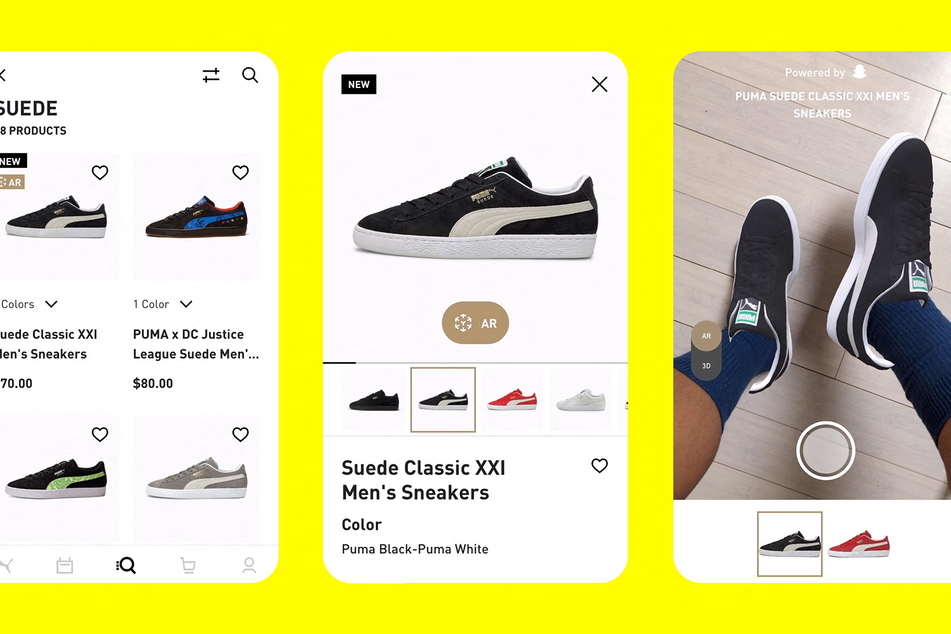Snapchat wants to let you try on new clothes virtually
Santa Monica, California - Snapchat, the social media app that first rose to fame with self-deleting photos, is taking on big tech giants by letting users see an altered, semi-digital version of the real world using their smartphones – and maybe soon also their TVs.

In the battle to develop the next major online platform for commerce and communication, the creators of Snapchat now want to establish their technology far beyond the boundaries of their own photo app.
Snapchat co-founder Evan Spiegel told DPA he could see partners using their software on television sets to let people do things like virtually try out a new set of clothes before buying them.
Since the buzz around Snapchat's disappearing photos has receded, the platform has pivoted towards augmented reality (AR), which lets you project digital objects such as furniture, characters or other objects into the room with you on your device's display.
In addition to being a fun toy, this technology, called Camera Kit, is used by companies to let people try out fashion or cosmetics on their smartphones.
At the same time, Camera Kit is now also being used in video conferences.
Snapchat wants to "enrich reality," not replace it

Meanwhile, the Snapchat operator Snap last year also launched AR glasses which superimpose digital content into the user's field of vision. As a result, Snap is ahead of Apple and Facebook's big plans for this area.
Snap previously took a risk by putting its AR glasses in the hands of developers and content producers – and Spiegel defended the approach of releasing a device that is not yet ready for the mass market, saying this constant learning it allowed Snap to "innovate much faster."
Sure, there are currently many technological limitations to AR glasses, such as battery life and the size of the necessary projector. But one of the lessons learned with Snap's Spectacles glasses, Spiegel thinks, is that an immersive AR experience can justify larger device shapes: "We've learned that we don't have to try to compete with sunglasses."
Spiegel also sees a fundamental difference between his vision of augmented reality and Facebook founder Mark Zuckerberg's plans for a virtual world under the term Metaverse. "The Metaverse is about replacing reality. And we are thinking about how to enrich reality," he said. "Our fundamental thesis is that people love the real world."
The 31-year-old added that helping them explore the real world through devices is more exciting from Snap's point of view.
Cover photo: via REUTERS
